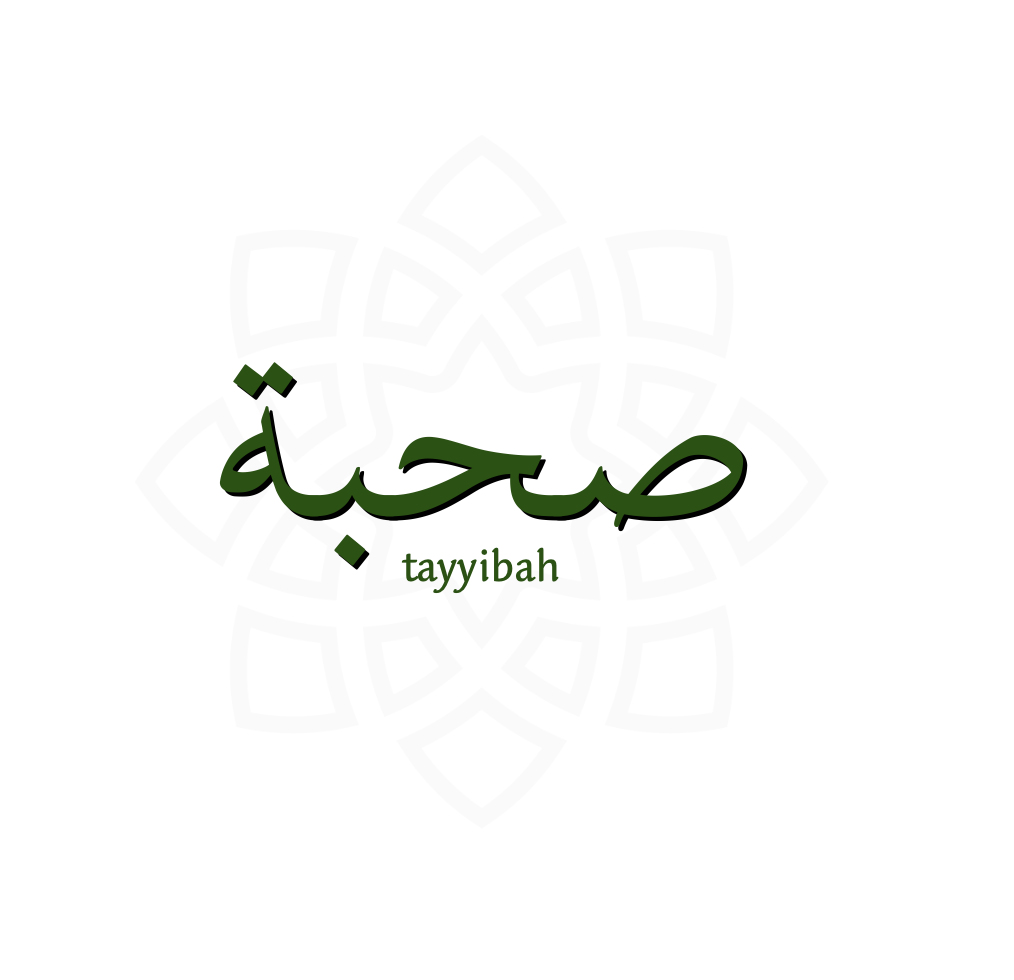The Legacy of Mus'ab ibn Umair: Lives of the Sahaba
Mus‘ab ibn ‘Umair ibn Hashim ibn ‘Abd Manaf
Known as “Mus‘ab al-Khayr” (Mus‘ab the Good)
Background and Early Life
Musʿab ibn ʿUmair ibn Hāshim ibn ʿAbd Manāf, known as Musʿab al-Khayr (“Musʿab the Good”), was born in Makkah around 594–598 CE, into the noble tribe of Quraysh, specifically the clan of Banu ʿAbd al-Dār.
Mother: Khunās bint Mālik – one of the wealthiest and most influential women of Quraysh. She was known for her power, strictness, and was feared by many in Makkah. Some described her as the “female Abu Lahab.”
Father: Umair ibn Hāshim ibn ʿAbd Manāf ibn ʿAbd Dār – little is known, as he passed away while Musʿab was still young.
Siblings:
Brothers: Zurarah ibn Umair, Abū al-Rūm ibn Umair (biological)
Half-brothers: Mansūr ibn Umair, Abū Yazīd ibn Umair
Sister: Hind bint Umair
Musʿab grew up in luxury and was considered one of the most spoiled and fashionable young men of Makkah. He wore the finest Yemeni clothes, used the best perfumes, and was widely admired. The people of Quraysh used to say no young man was better dressed or more handsome than Musʿab ibn ʿUmair.
Despite his comfort and status, he had an inquisitive mind and was deeply drawn to matters of truth.
Akhlāq, Descriptions & Character
Musʿab (RA) was remembered not only for his outward elegance but for his inner qualities, which flourished especially after Islam:
Excellent manners – refined and gentle.
Eloquent speech – persuasive, soft-spoken, and logical.
Wisdom and humility – thoughtful and selfless.
Bravery and loyalty – courageous in battle, loyal to the Prophet ﷺ and Islam.
Faith – strong, steadfast, and deeply sincere.
Voice – beautiful in reciting Qur’an.
Appearance – closely resembled the Prophet ﷺ, to the extent that in battle some Companions mistook him for the Messenger of Allah ﷺ.
The Prophet ﷺ loved him dearly, and he himself cried twice for Musʿab: once when he saw him living in hardship after once living in luxury, and again at his grave after Uhud.
Acceptance of Islam
Musʿab accepted Islam around 614 CE in his early 20s.
He first encountered Islam at Dār al-Arqam, the secret meeting place of the Prophet ﷺ and his followers.
Out of curiosity, he slipped out at night to the house of al-Arqam ibn Abī al-Arqam, where he heard the Prophet ﷺ reciting the Qur’an. His heart was opened, and he embraced Islam.
He kept his Islam hidden due to his mother’s harsh opposition. When she discovered it, she imprisoned him, but eventually, he escaped. Despite losing wealth, comfort, and family support, he remained firm.
First Ambassador of Islam
In 621 CE, during the First Pledge of al-ʿAqabah, a group from Yathrib (later Madinah) accepted Islam and asked the Prophet ﷺ to send a teacher to them.
The Prophet ﷺ chose Musʿab ibn ʿUmair (RA) as the first ambassador of Islam.
Reasons for his selection:
Deep knowledge of Qur’an at a young age.
Eloquence and wisdom in daʿwah.
Gentle character, ability to persuade with kindness.
His sincerity and sacrifice for Allah—once wealthy, now living simply for faith.
Musʿab traveled to Yathrib and worked tirelessly:
He taught Qur’an, explained the fundamentals of Islam, and brought many people to the faith, including key leaders such as Saʿd ibn Muʿādh (RA).
His mission laid the foundation for Madinah to become the home of Islam and the Prophet’s ﷺ Hijrah.
Battle of Uhud & Martyrdom
Musʿab (RA) played a central role in the Battle of Uhud (625 CE).
The Prophet ﷺ honored him as the flag-bearer of the Muslim army—a role symbolizing leadership, morale, and unity. If the flag fell, it signaled defeat.
As the battle raged, many Companions initially gained ground, but when some disobeyed the Prophet’s ﷺ command and left their positions to collect spoils, the Quraysh counterattacked.
The enemy advanced toward the Prophet ﷺ. To protect him, Musʿab diverted their attention by raising the flag high and loudly chanting:
“Muḥammad ﷺ is no more than a Messenger. Messengers have passed away before him.”
He was attacked fiercely:
One arm was cut, so he held the flag with the other.
That arm too was cut, so he held it with his chest and shoulders, refusing to let it fall.
Finally, he was struck in the chest by a spear from ʿAbdullāh ibn Qamīʿah, and martyred.
When he died, he had so little material possession that even his burial cloth was too short to cover his body. The Prophet ﷺ commanded that his head be covered, and his feet covered with grass. The Prophet ﷺ and the Companions wept at his loss.
Birth, Death, and Important Dates
Born: c. 594–598 CE in Makkah
Accepted Islam: c. 614 CE (at Dār al-Arqam)
Became First Ambassador: 621 CE (First Pledge of al-ʿAqabah)
Martyred: 625 CE at the Battle of Uhud
Age at Death: ~45 years
His Legacy
Musʿab ibn ʿUmair (RA) is remembered as:
The first ambassador of Islam, who spread Islam to Madinah.
A man of great sacrifice, giving up luxury for faith.
A model of gentleness in daʿwah, winning hearts with wisdom and character.
A martyr of Uhud, remembered for his bravery, loyalty, and devotion.
Key Takeaways
True success is not wealth or worldly power, but obedience to Allah.
Sacrifice for faith brings eternal reward.
Gentleness and sincerity are key in calling others to Islam.
Steadfastness in hardship defines real character.
Musʿab’s life is a reminder that success is eternal, not temporary.
Resources & Links:
Book: https://islamfuture.wordpress.com/wp-content/uploads/2009/11/men-around-the-messenger-pbuh.pdf



